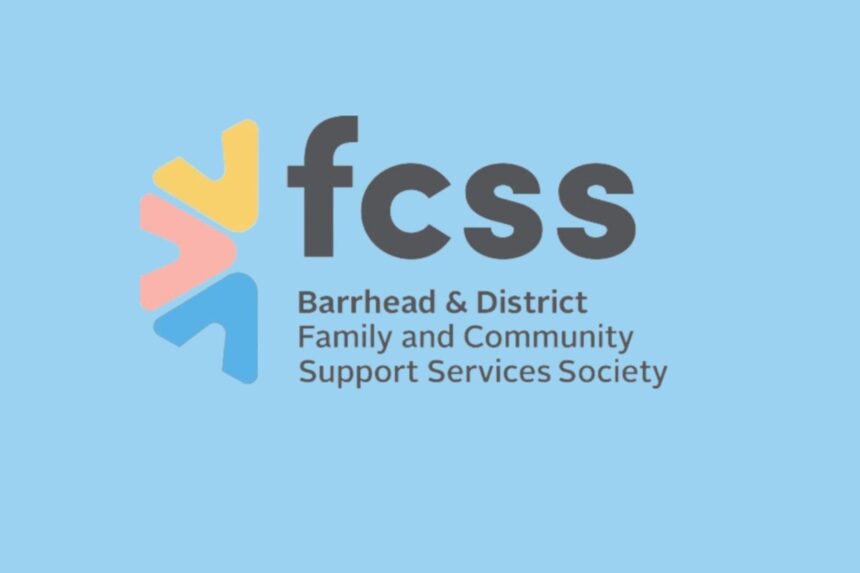The hallways of Barrhead Family and Community Support Services (FCSS) are buzzing with renewed purpose as the organization takes decisive steps to maintain critical mental health services in the community. Following the departure of the Ripple Connection program’s service provider last month, FCSS has seamlessly stepped in to ensure vulnerable residents don’t fall through the cracks of an already strained mental health support system.
“When we learned that Ripple Connection was ending their service delivery in our area, we immediately recognized the potential impact on our community members,” said FCSS manager Shelley Oswald in an exclusive interview. “Mental health support isn’t something that can simply pause while new arrangements are made—people’s wellbeing depends on consistent access to these services.”
The transition comes at a crucial time when communities across Canada are experiencing unprecedented demand for mental health resources. According to recent provincial data, rural communities like Barrhead face particular challenges in maintaining adequate mental health infrastructure despite growing needs.
The FCSS board recently approved the allocation of $15,000 to sustain these essential services through the remainder of 2024. This funding represents more than just financial support—it signifies Barrhead’s commitment to treating mental health with the same urgency and importance as physical health concerns.
Oswald explained that the decision to continue these services under the FCSS umbrella wasn’t difficult. “We’ve always viewed our role as filling gaps in community services. When the previous provider indicated they would be discontinuing their work here, we knew we had both the responsibility and capability to step in.”
The services being maintained include counseling support, referrals to specialized mental health providers, and community education initiatives. FCSS has also indicated they will explore expanding these offerings based on community feedback and identified needs.
What makes this transition particularly noteworthy is how it highlights the growing recognition that mental health services must be considered essential infrastructure in rural communities. In many smaller centers across Alberta, access to mental health support remains challenging, with residents often facing long waiting periods or needing to travel significant distances for care.
“We’re particularly concerned about ensuring continuity for clients who were already receiving support through Ripple Connection,” Oswald noted. “Our team has been working diligently to make this transition as seamless as possible so that no one feels abandoned in their mental health journey.”
Community response to the announcement has been overwhelmingly positive, with several local organizations expressing relief that these vital services will continue uninterrupted. Local physician Dr. Marian Roberts called the move “a lifeline for many patients who rely on these accessible mental health resources.”
The FCSS initiative also reflects a growing trend across Canadian communities where local organizations are increasingly taking proactive roles in mental health provision rather than waiting for provincial or federal solutions.
As communities across the country grapple with similar challenges in mental health service delivery, Barrhead’s approach may serve as a model for other rural centers. The question now becomes: will this stopgap measure evolve into a sustainable, long-term solution for community mental health support, or will larger systemic changes be required to truly address the growing mental health needs in rural Canada?























